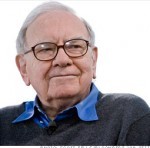

Warren Buffett, in his latest letter to Berkeshire Hathaway shareholders, has used the context of his two real estate investments, to offer some precious advice on how we can become better investors. The letter can be distilled into a few actionable points:
Warren Buffett’s Fundamentals principles of investing:
(i) When buying stocks, analyze them as if you are buying the entire business. Make the study of business prospects a priority. First decide whether you can sensibly estimate an earnings range for five years out or more. If the answer is yes, buy the stock (or business) if it sells at a reasonable price in relation to the bottom boundary of your estimate. If, however, you lack the ability to estimate future earnings, don’t buy the stock;
The Warren Buffett Way: Investment Strategies of the World’s Greatest Investor
(ii) It is vital that you recognize the perimeter of your “circle of competence” and stay well inside of it;
(iii) If you feel the stock purchase is attractive, don’t forgo it because of the macro or political environment, or the views of other people;
(iv) If you feel that you do not know enough about specific businesses to predict their future earning power, don’t despair. Your goal should not be to pick winners but should rather be to own a cross section of businesses that in aggregate are bound to do well. A low-cost index fund will achieve this goal;
(v) Never try to time the market because there is a risk that you will buy stocks in periods of great exuberance and sell stocks in periods of great pessimism. Instead, accumulate shares over a long period and never sell when the news is bad and stocks are well off their highs;
(vi) Don’t be influenced by the wildly fluctuating valuations of stocks except where you can benefit from buying at a ridiculously low price or sell at an absurdly high valuation;
(vii) Remember that tumbling markets are helpful to the true investor because he can buy stocks cheap. A climate of fear is your friend when investing; a euphoric world is your enemy.
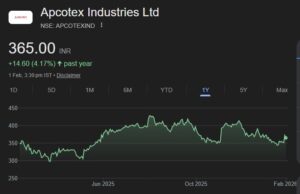
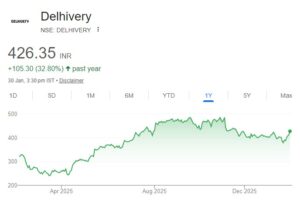

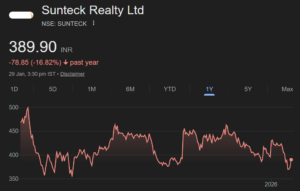
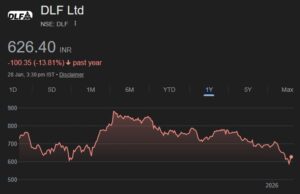
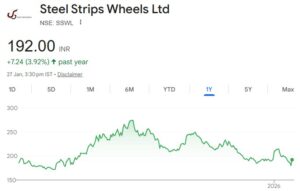
Buffet is not a true stock picker and he isn’t a true stock investor, most investors aren’t taking over companies, he is closer to a venture capitalist than an actual stock picking genius. If I had $70 billion I guess I could turn around any company and triple the stock price by firing all the employees and closing down all the loss centers and selling off all the buildiings and keeping only what makes profit, who couldn’t?
The point here is he got to a stage where he had that kind of capital and he was in a position to do that. That’s why people listen to him. No one gifted him that money.